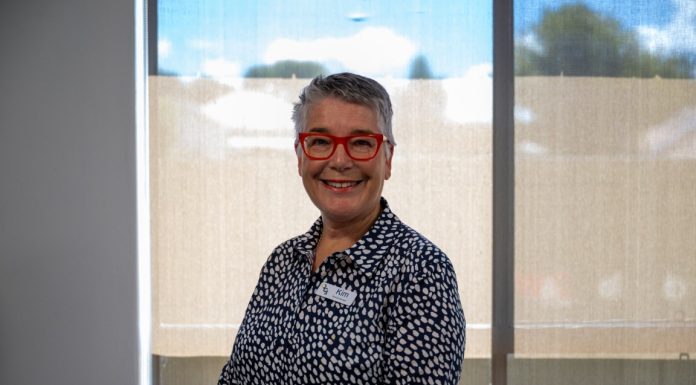Former Apple CEO, John Sculley, believes that dementia could be ‘solved’ by mid century thanks to a combination of advances in technology and medicine throughout 2016.
In an interview with the tech news service, Cnet.com, Mr Sculley said developments like Crispr, machine learning and precision medicine will enable the cure – and prevention – of diseases like cancer and dementia in the coming decades.
Crispr/Cas9 is a gene editing technology that enables scientists to remove and replace genes in cells more easily than ever before. It has been likened to the introduction of the PC in terms of shaping history.
While fraught with ethical considerations, one use of the technology is to identify human gene targets for medical trials of new medicines and vaccines.
This week a study was published by the Whitehead Institute for Biomedical Research in which scientists from Whitehead Institute, the Ragon Institute of MGH, MIT and Harvard and the Broad Institute of MIT and Harvard used Crispr to identify three promising new targets for treatment of HIV infection.
Earlier this year a scientist in the UK was given approval by the Human Fertilization and Embryology Association (HFEA) to use Crispr to permanently modify DNA in a human embryo. The approval came with the specific caveat that the embryos donated were for research only, could not be implanted in a woman and had to be destroyed after 14 days.
The research developments made in 2016 alone could see cancer ‘solved’ within the next 10-15 years, which would free up resources for diseases like dementia, Mr Sculley said.









